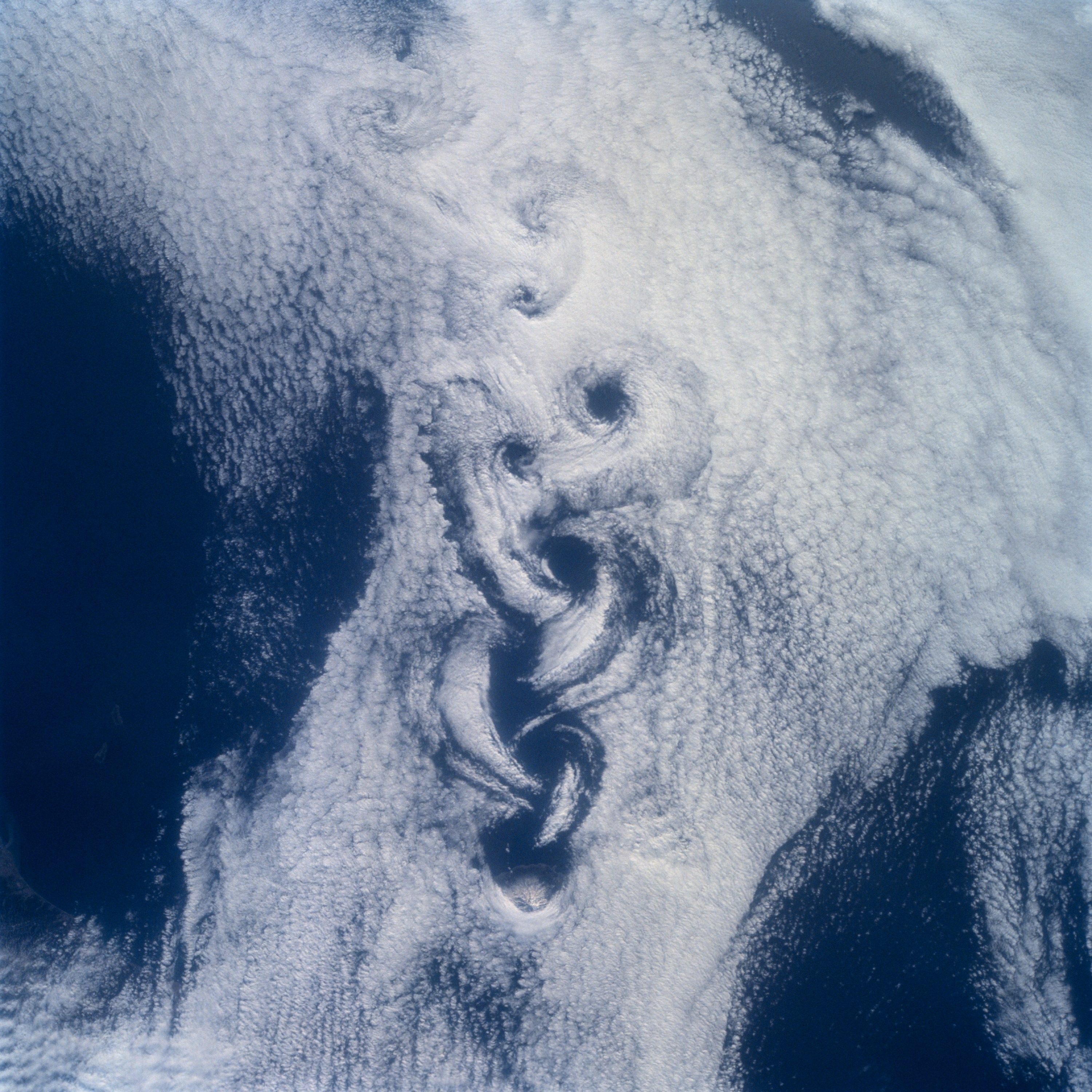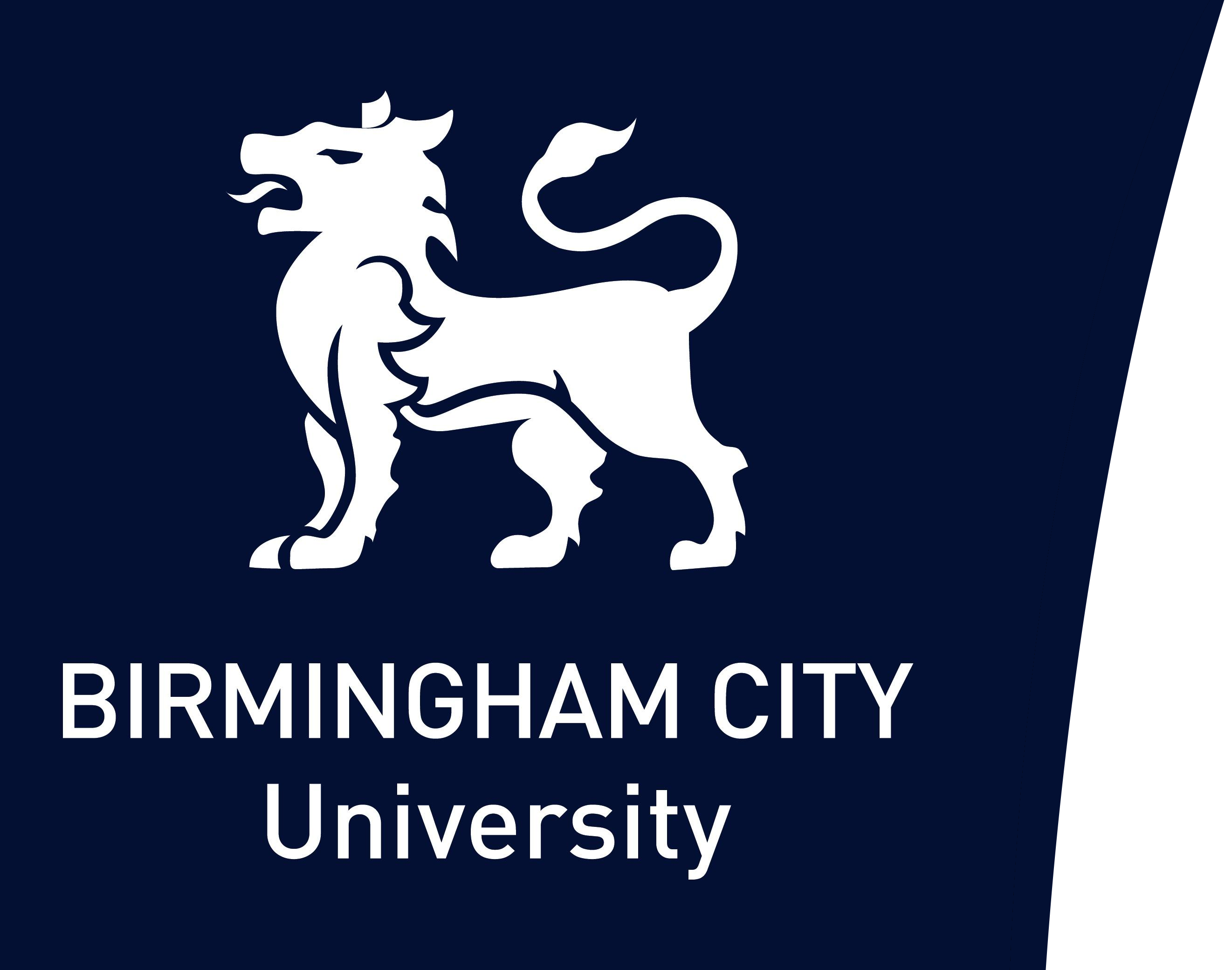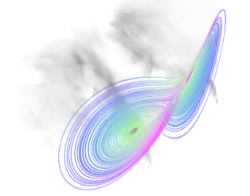Context
|
Although open physical systems potentially have an infinite number of degrees of freedom, flows are quite often organized around characteristic coherent structures, which play a key-role in both the dynamics and spectral signature of the flow. One can think to von Karman streets, present from lab's flows to island's wakes. This organization invites both to a modal decomposition (which can be used to understand the connection between the different scales captured by the coherent structures and their time behavior, or to infer reduced-order models) or a topological/kernel based description (wich leads to a interpretation of lagrangian properties). A second topic of interest for me is the transition to sustainable transport. In particular, I am interested in the control of systems in electric vehicles, such as the power system and the battery. It goes hand in hand with the development and control of renewable based minigrids: a way to power up EV is using renewable energy, which means, once again, the development and control of complex power systems. More generally, the approaches I am investigating lead to tractable solutions for tackling the curse of dimensionallity ; I am actively exploring these paths. |

Von Karman vortices, Rishiri Island, Japan |
Objectives
I am currently interested in:
- Construction of sparse and pertinent representations of dataset/dynamics.
- Modal decompositions.
- Supervised and unsupervised learning (machine learning).
- Modelling and controlling the dynamics based on these representations.
- Modal based models
- Model of power systems
- control strategy, based on model predictive control and deep reinforcement learning
- Efficient computations of these representations.
- Tangible interfaces, in augmented/virtual reality, mainly for 3D data exploration.
My PhD work was splitted into three main objectives.
- Modal decomposition : Involvement in DMD decomposition and Koopman operator analysis.
- Lagrangian Coherent Structure detection : Involvement in High Performance Computations for the extraction of LCS.
- Computer-Human Interaction : Exploration of complexe dataset (e.g. FTLE fields).


